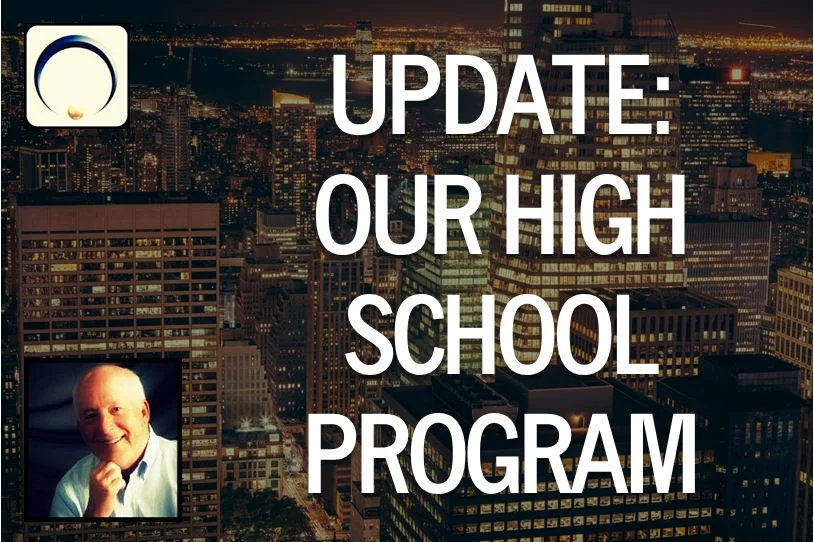Dr. Ben Carson, author of Gifted Hands - The Ben Carson Story, writes that "Success is determined not by whether or not you face obstacles, but by your reaction to them. And if you look at these obstacles as a containing fence, they become your excuse for failure. If you look at them as a hurdle, each one strengthens you for the next.”
To achieve in the workplace you must continue to meet your employer's or your customer's expectations in four areas:
1. Performance - find ways, large and small, to inspire those around you as well as to be a champion at your job.
2. Trust - every action you take should deepen your employer's reliance on you.
3. Consistency - be aself-starter, someone who understands the mission and knows what to do every second of every day.
4. Deliver peace of mind - be great at 1, 2 and 3.
The great actor, writer, comedian and musician, Steve Martin, when asked how to achieve in Hollywood, said, "Be so good that they can't ignore you." That's what an inspired performance is all about. Learn as much as you can about your job, expand your knowledge, become a leader by setting a good example and make yourself invaluable.
Prove that you can be trusted by silently communicating your core. Your employers and your customers will watch you carefully, just as you observe them, and they will determine by your actions whether you will earn their trust. Outfluence coined the term "Constant Messaging" which references the fact that everything we do sends a message to anyone within our sphere of influence. Learning to control your message while also being aware of the incoming messages of others is at the foundation of trust.
How can we consistently demonstrate our commitment to mission? Let's look at it from the perspective of an employer evaluating the value of a prospective employee. In my book Outfluence, the Better Way to Influence, I describe how NBA scouts assess a college player's assets. Here's what I wrote: NBA scouts have an interesting method of assessing a player’s assets. They ask five questions about a college basketball prospect:
1. Does he have a weapon? For example, the “sky hook” that Kareem Abdul Jabbar had in his day.
2. Does he have a position? Can he play either guard, center, or forward so well as to leave no doubt as to what position he should play?
3. Can he get his own look? In other words, can he work the court in order to get a shot at the basket from his highest percentage spot on the floor?
4. Can he defend his position? A player has to move his feet quickly in order to stay in front of his opponent and keep him from scoring, or at least to make it difficult for him to score. It takes commitment to play good defense.
5. Does he “get it”? Can he lead? Does he have a work ethic? Is he responsible? Will he be a team player?
You can make the same assessment about yourself. A prospective employer will want to know the same things about you that the basketball scout wants to know about a player. When making your personal assessment here are a few basic questions you will want to address:
1. Do you have a weapon? What makes you nearly impossible to replace?
2. Do you have a position? What’s your specialty?
3. Can you get your own look? Are you self-sufficient? Are you a self-starter?
4. Can you defend your position? Do you know your stuff? Can you express yourself?
5. Do you “get it”? Are you a responsible individual? Are you a team player?
These five questions get right to the heart of the matter, don’t they? To begin your assessment, make an honest determination of your attributes. Next, evaluate the requirements of the position to which you aspire. Finally, formulate a plan to fill in any gaps between your current attributes and the requirements of that position.
Peace of mind is what every employer wants every employee to bring to his or her business. Peace of mind can only be delivered by an individual who has developed a strong set of personal ethics, a person who is confident, aware, educated and is able to communicate well in any circumstance. The Outfluence program You Are Here . . . Now What? teaches high school students how and why to develop those attributes. We teach them how to persist in pursuit of their goals and we teach them the skills needed to complete the pursuit.

























